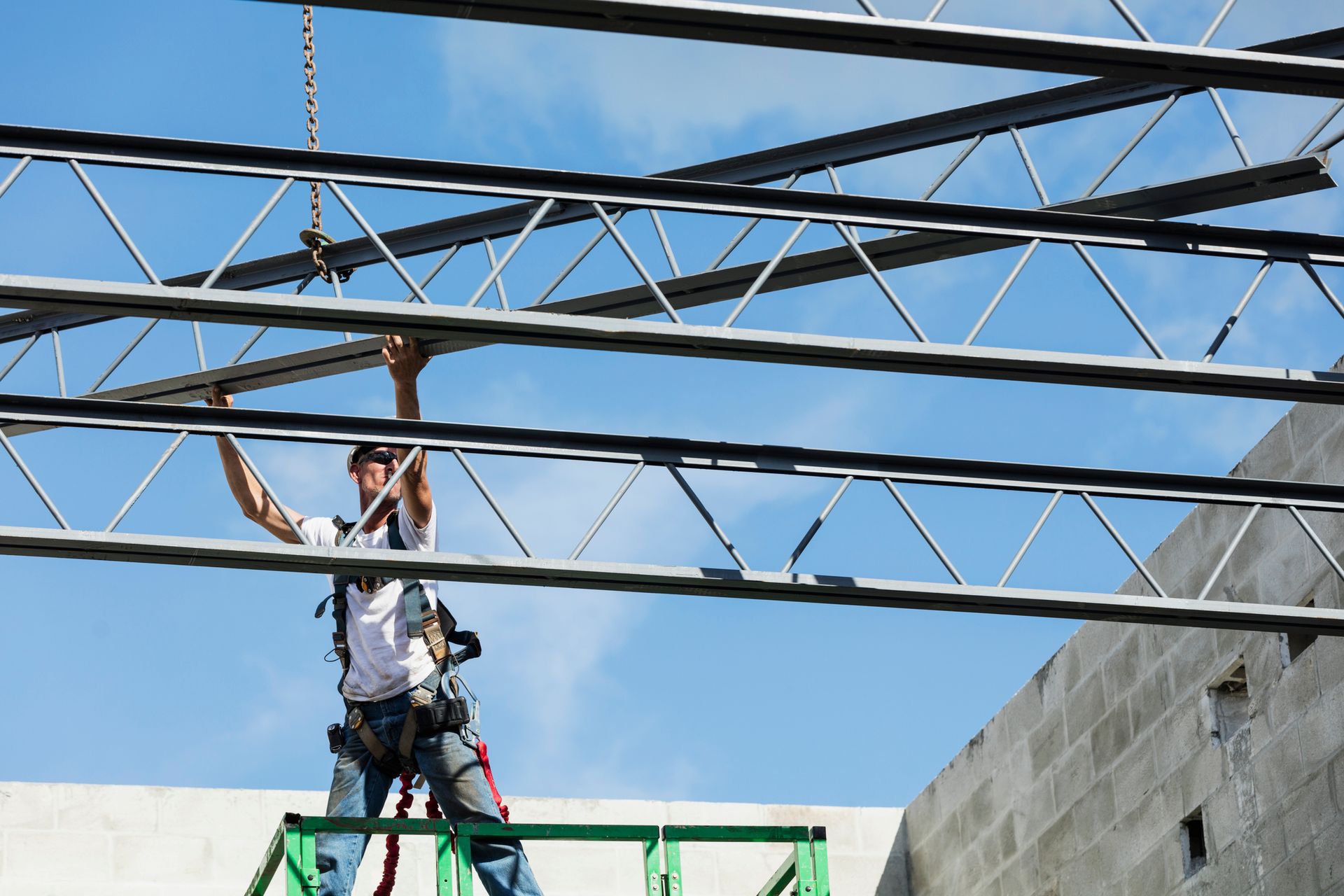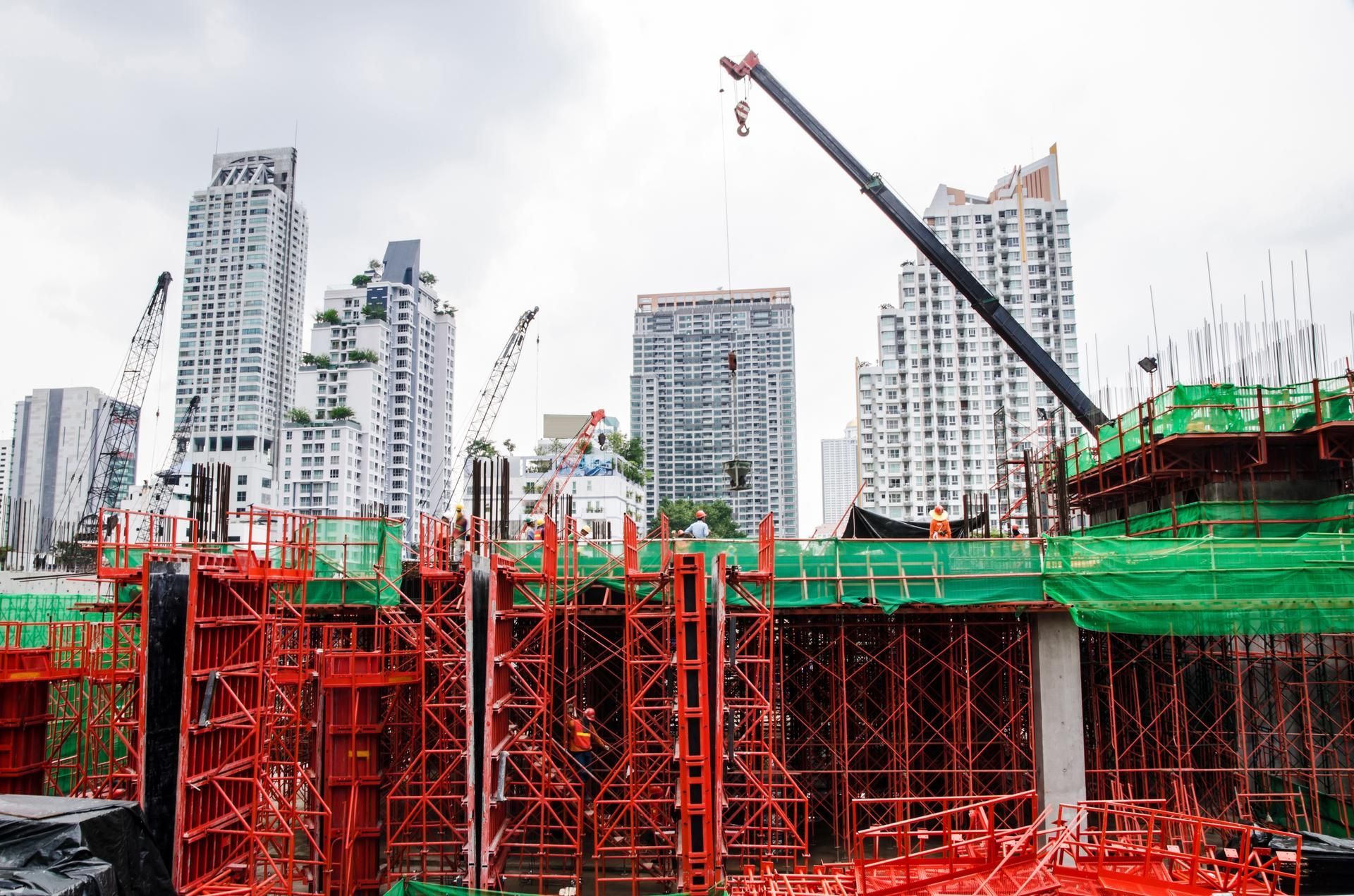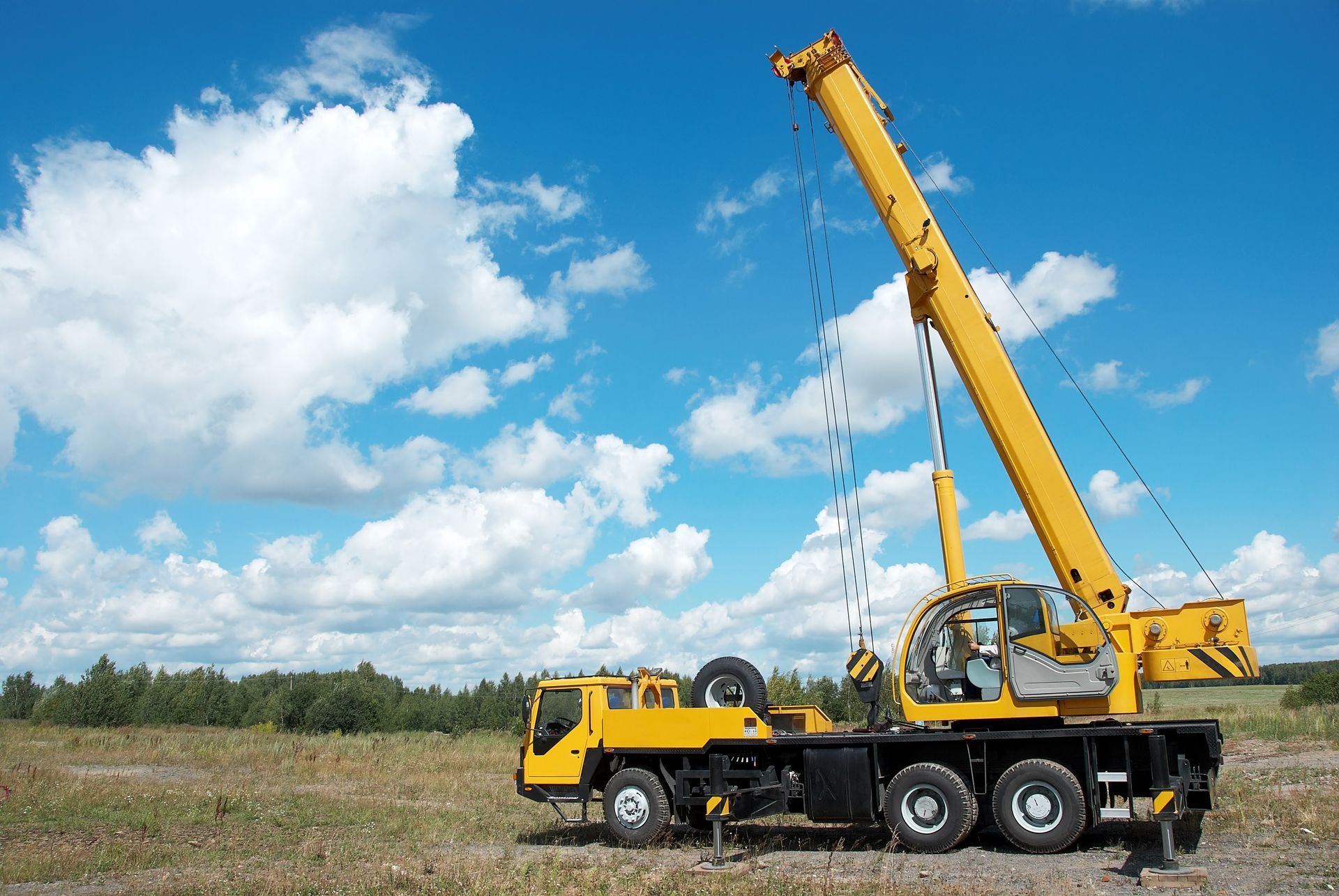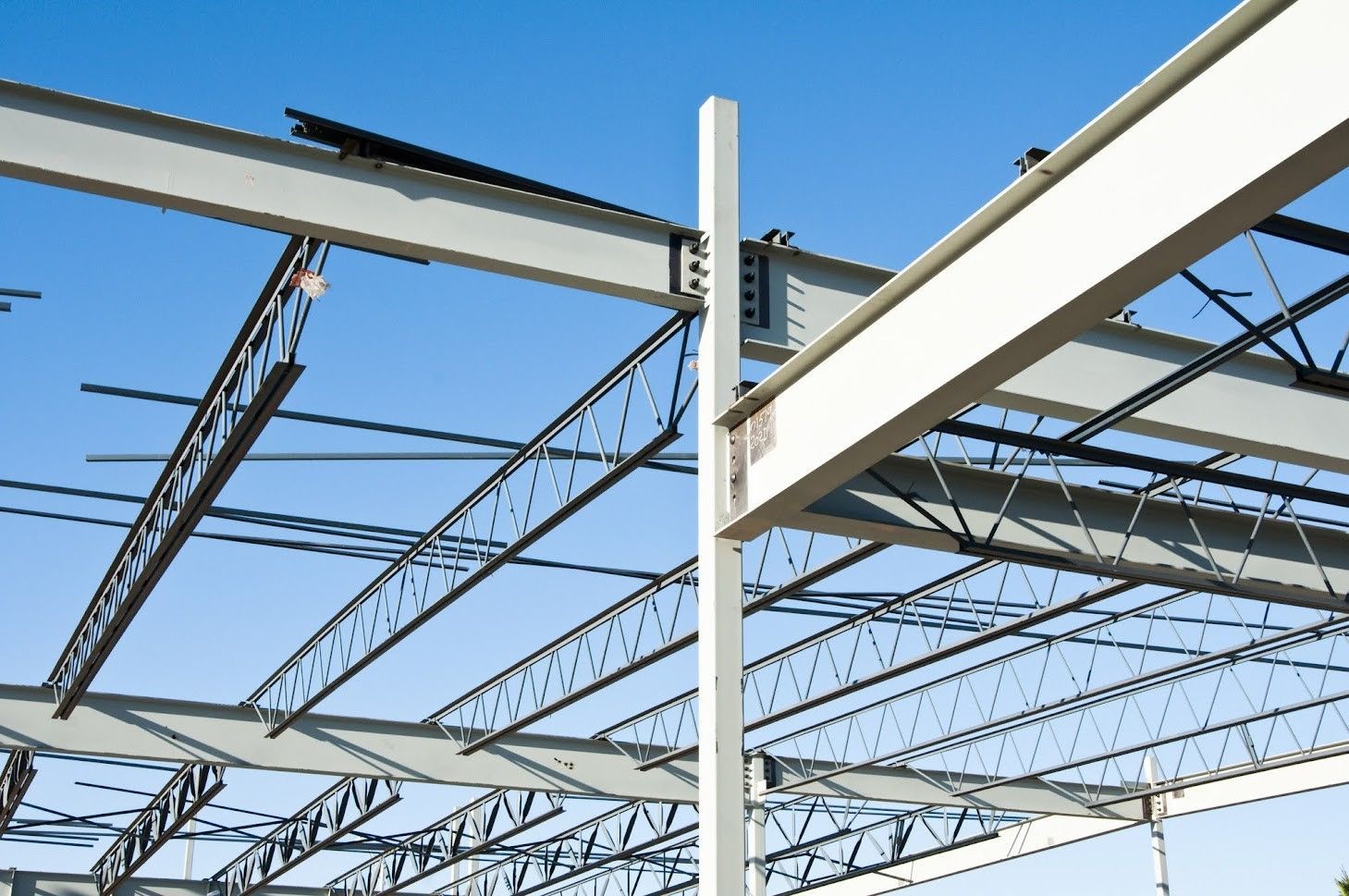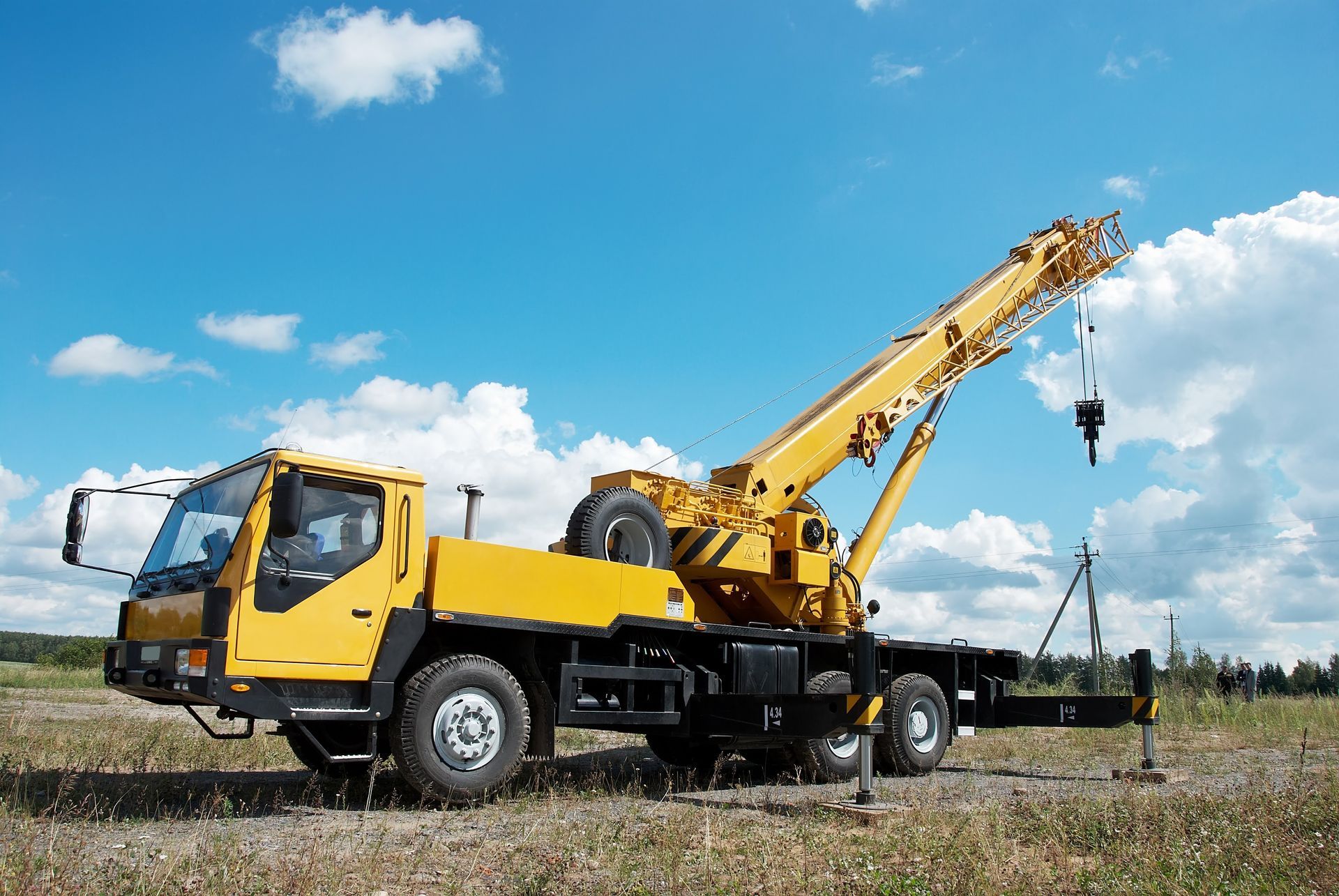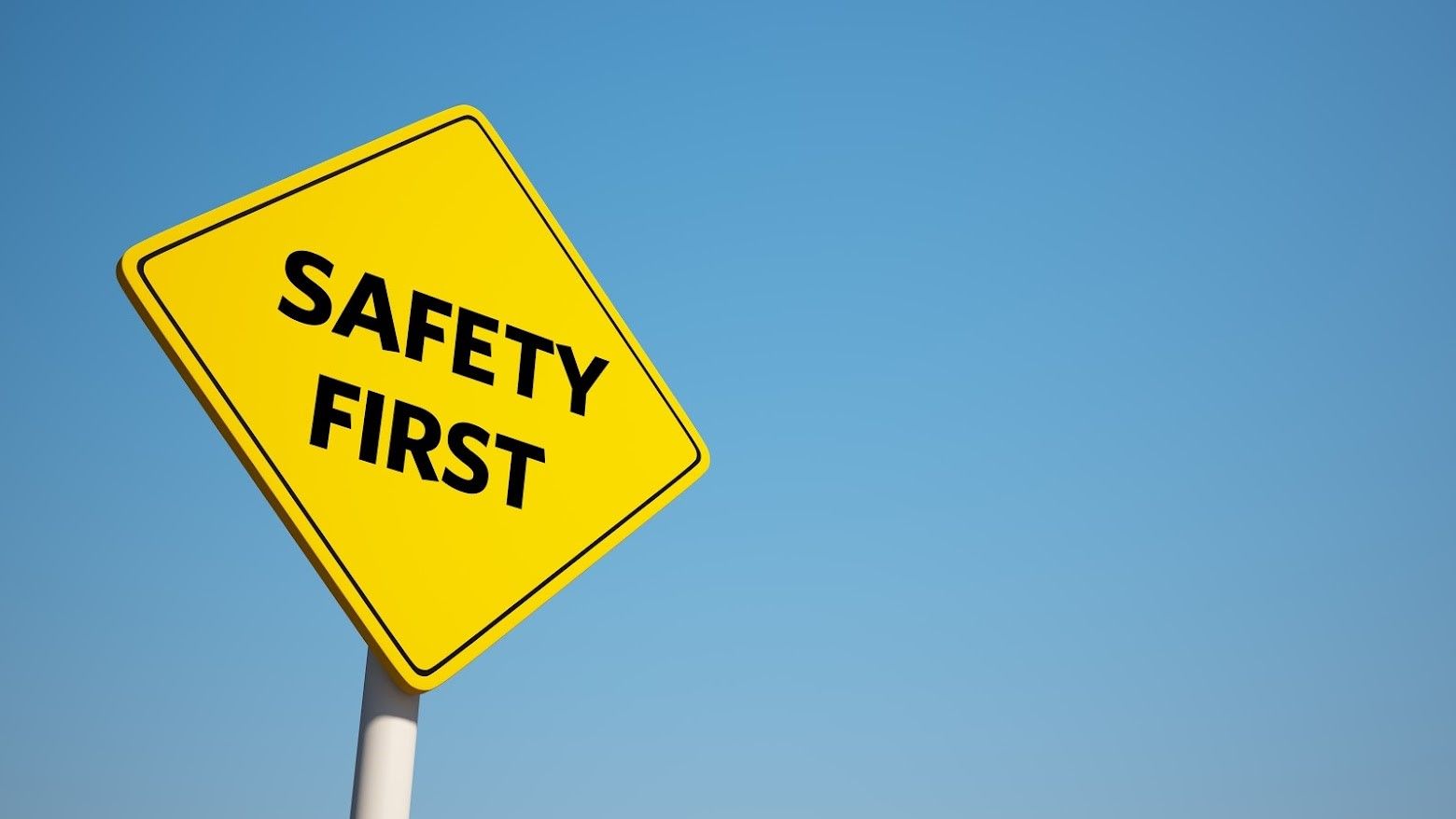Call Now: 615-826-9552
Toll-Free: 800-877-6714
Call Now: 615-826-9552
Toll-Free: 800-877-6714
9 Essential Rigging Safety Tips for a Safe and Productive Job
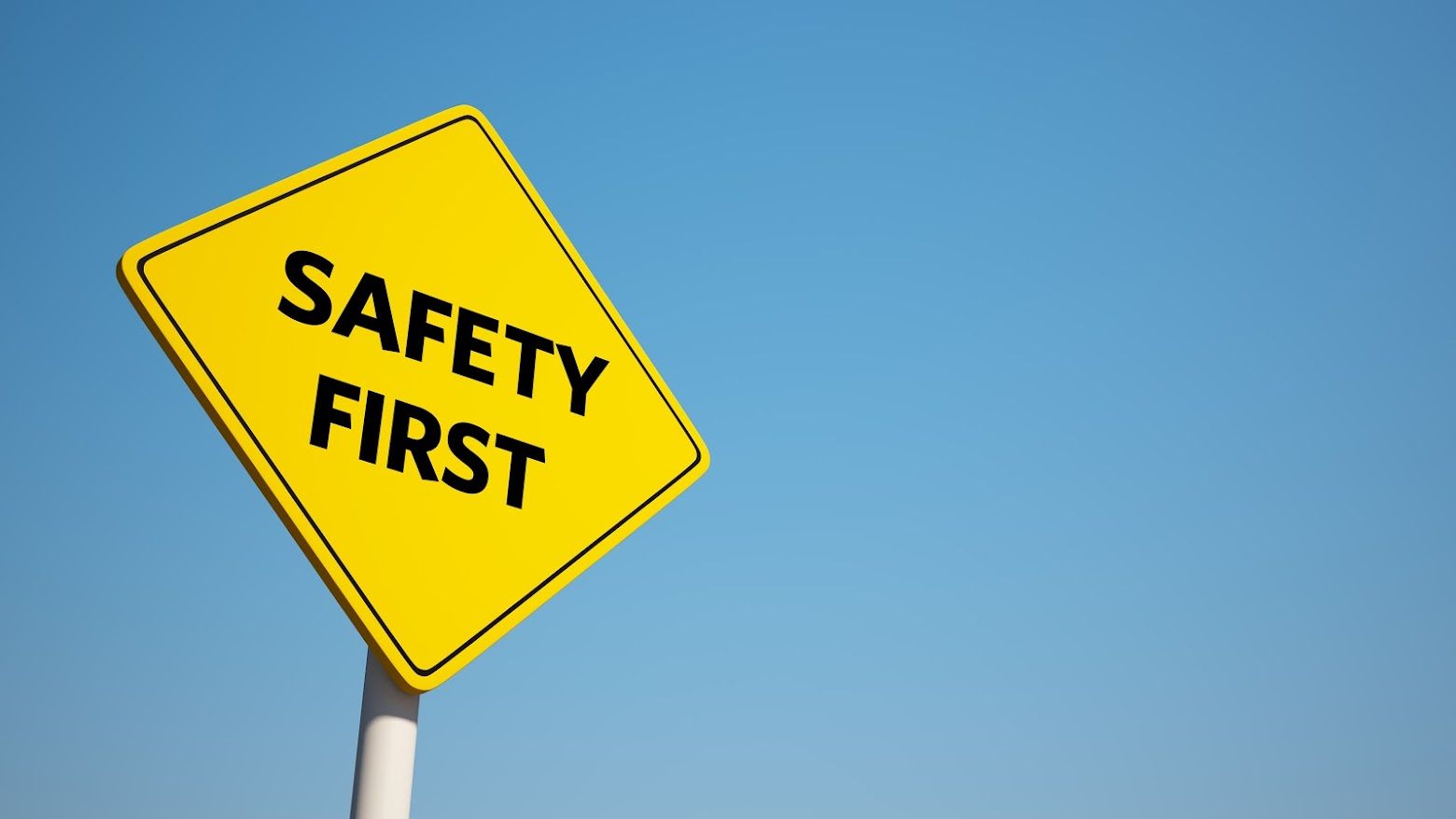
Rigging is a crucial component of various industries such as construction, manufacturing, and shipbuilding. Rigging refers to the process of lifting and moving heavy objects using ropes, cables, and slings. It is a challenging and dangerous job that requires extensive knowledge and experience. Safety is of utmost priority with rigging, not only to prevent injuries but also for a smooth and productive job.
In this blog post, explore nine essential rigging safety tips that you should always keep in mind.
1. Always Conduct a Risk Assessment
Before commencing any rigging work, conduct a thorough risk assessment to identify potential hazards and devise an effective safety plan. Consider various factors such as the environmental conditions. Additionally, assess the capacity and suitability of the rigging equipment to ensure safe and efficient operations. By carefully considering these aspects, you can mitigate risks and ensure a secure working environment.
2. Choose the Right Rigging Gear
Different types of loads require different types of rigging gear, and selecting the right equipment is not just about picking the most robust or costly gear. It's about understanding the specific requirements of the task at hand and making an informed decision. Start by assessing the load's weight, shape, and size. Knowing these factors will help you determine the type of rigging equipment needed, such as slings, shackles, or hoists.
Next, consider the nature of the movement. Are you lifting the load vertically or does it need to be moved laterally as well? Different tasks may require different pieces of equipment or specific rigging configurations.
Lastly, don't overlook environmental factors. Are you working outdoors where wind speed and direction, or even rainfall, might impact the job? Or perhaps indoors, where ceiling height and floor stability may restrict your options? These conditions could significantly affect the performance and safety of different types of rigging gear.
3. Know the Load Capacity
Overloading the rigging gear is a common cause of accidents. Always check the weight limit of the rigging gear and the rated capacity of the hardware before using them. Do not exceed the load capacity even by a small margin.
4. Secure the Load Properly
Ensure that the load is secured properly to prevent it from moving or falling during the lifting process. Use rated slings, chains, or ropes that are in good condition. Use appropriate knots and hitches that can handle the load.
5.; Use Personal Protective Equipment (PPE)
PPE is essential to protect workers from potential hazards such as falling objects, cuts, and bruises. Employees should wear hard hats, safety glasses, gloves, and steel-toe boots. Make sure the PPE is comfortable, fits properly, and is in good condition.
6. Proper Communication Is Key
Communication is crucial in rigging work to ensure everyone is on the same page. Clear communication between the riggers, crane operators, and other workers is essential to avoid accidents. Use hand signals or radios to communicate effectively.
7. Inspect the Rigging Gear Regularly
Regular inspection of the rigging gear can prevent accidents caused by worn-out or damaged equipment. Inspection should be conducted before and after each use and regularly by a competent person to ensure the gear meets the safety standards.
8. Know and Follow the Regulations
There are various safety regulations and standards that should be followed in rigging work. Make sure to comply with the Occupational Safety and Health Administration (OSHA) regulations, industry standards, and local rules.
9. Keep the Work Area Clean and Organized
A clean and organized work area can prevent accidents caused by tripping hazards, clutter, and obstructions. Clear the work area of debris, equipment, and materials that are not being used. Keep the work area well-lit and free of slippery surfaces.
Rigging work is challenging and dangerous, but following the essential rigging safety tips we discussed can prevent accidents and ensure a safe and productive job. To plan your rigging job, reach out to the experts at Sentry.
Contact Information
Phone: 615-826-9552
Toll-Free: 800-877-6714
Fax: 615-826-9682
Email: info@sentrysteel.com
Address: 167 Center Point Rd. S.
Hendersonville, Tennessee 37075
Quick Links
Contact Information
Phone: 615-826-9552
Toll-Free: 800-877-6714
Fax: 615-826-9682
Email: info@sentrysteel.com
Address: 167 Center Point Rd. S.
Hendersonville, Tennessee 37075


